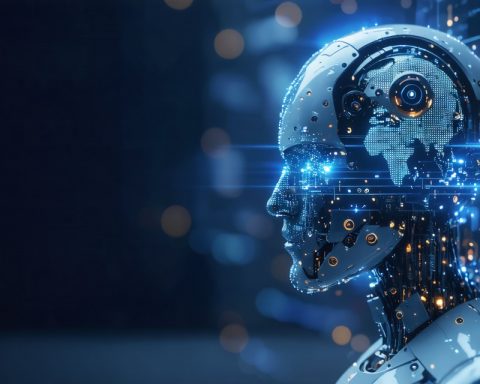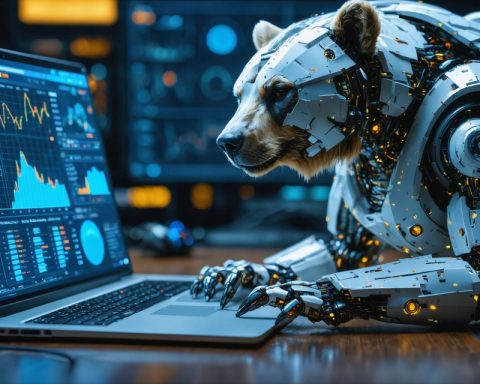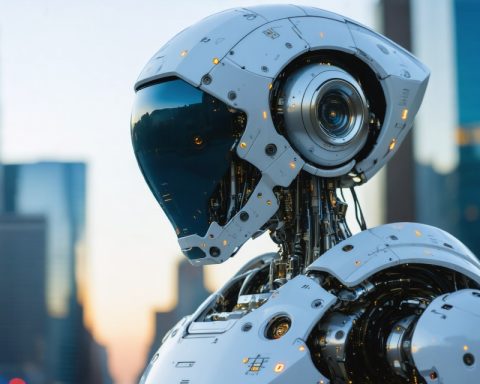The history of artificial intelligence is a fascinating journey that dates back much further than many realize. Indeed, when we consider AI today, we often think of cutting-edge technologies. Yet, the roots of artificial intelligence can be traced back to the mid-20th century.
The formal beginning of AI as an academic discipline arrived with the historic 1956 Dartmouth Conference. This event is often regarded as the official birth of AI and was organized by a group of researchers including John McCarthy, Marvin Minsky, Nathaniel Rochester, and Claude Shannon. At this conference, the term “artificial intelligence” was coined, and the foundation for future AI research was established.
Interestingly, the groundwork for AI began before the Dartmouth Conference. In the 1940s, British mathematician and logician Alan Turing laid out essential concepts in his seminal paper “Computing Machinery and Intelligence,” questioning whether machines could exhibit human-like intelligence. Turing introduced the idea of the “Turing Test,” a method for determining whether a machine can demonstrate intelligent behavior equivalent to, or indistinguishable from, that of a human.
In the decades that followed, significant progress was made, with numerous breakthroughs in machine learning, pattern recognition, and robotics. The 1980s, known as the “AI Winter,” saw funding cuts due to unmet expectations, but the field eventually rebounded in the 1990s, leading to today’s rapid advancements.
While the initial spark of artificial intelligence was ignited in the 1950s, the conceptual seeds were sown much earlier, demonstrating the deep and complex history of AI development.
The Hidden Beginnings of Artificial Intelligence: Beyond the Dartmouth Conference
The evolution of artificial intelligence (AI) is rich with lesser-known chapters and influential figures that have left an indelible mark on its trajectory. While many attribute the formal inception of AI to the 1956 Dartmouth Conference, an underground evolution was already actively shaping the field.
Long before the term “artificial intelligence” graced academic discourse, early innovations were brewing. The 19th century even saw Charles Babbage conceptualize the “Analytical Engine,” a precursor to modern computers. Ada Lovelace, often hailed as the world’s first programmer, theorized about the potential of machinery to process not just calculations but complex operations, planting early seeds that would grow into AI as we recognize it.
Yet, as AI has developed, its impact on society, from job displacement to privacy concerns, has spurred debates. One pressing question remains: Will AI create more employment opportunities than it eliminates? While AI continues to revolutionize industries, reshaping job landscapes and necessitating new skills, its capacity to augment human efforts and innovation offers a promising outlook.
As this technology evolves, nations differ in their strategies to harness AI’s potential, causing international disparities. Countries investing heavily in AI research and infrastructure, such as China and the USA, are spearheading advancements, potentially widening the digital divide with nations lacking resources.
For insights into the ongoing development, you can explore AAAI for the latest research and discussions on AI. Understanding these complex dynamics is crucial for harnessing AI’s capabilities responsibly.








